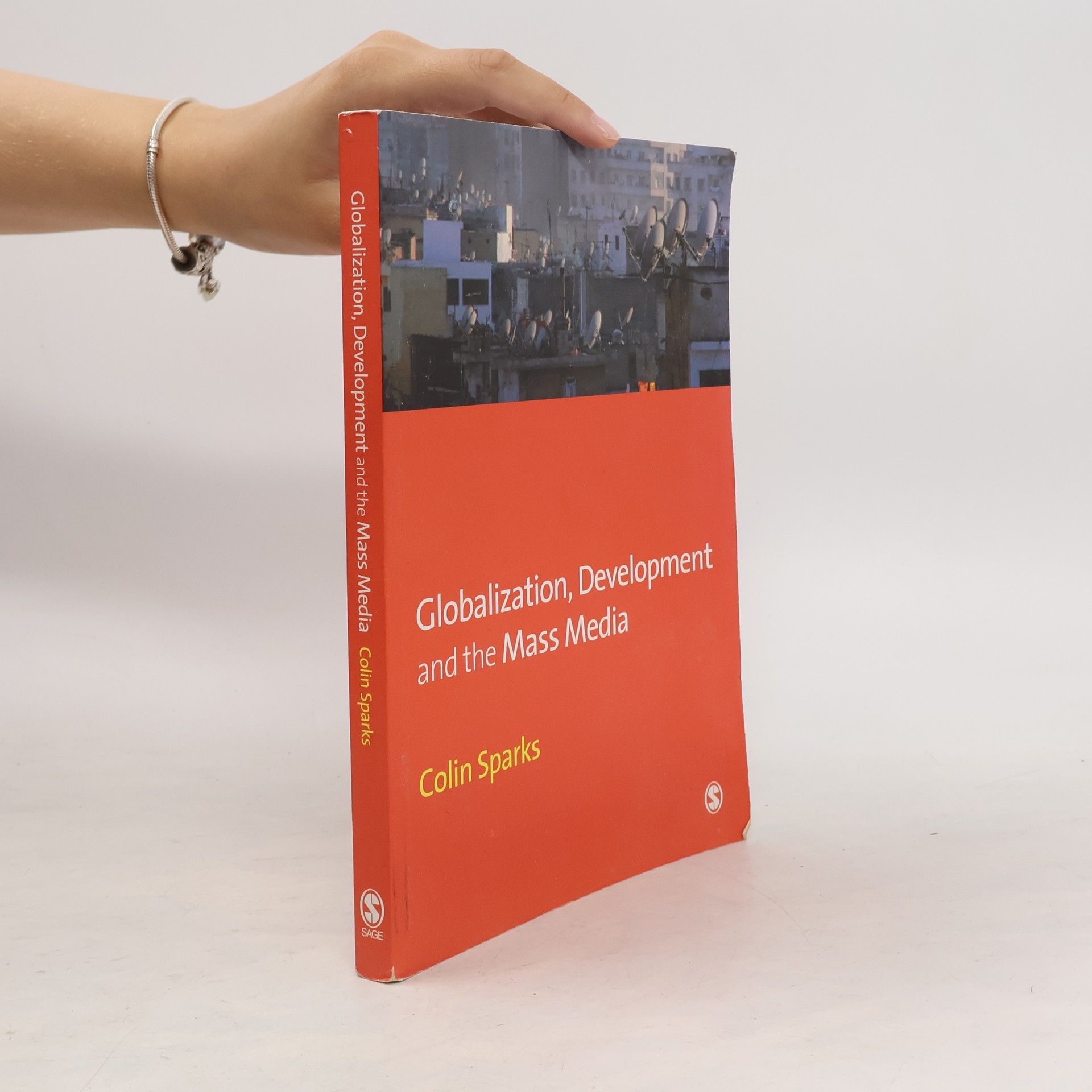Tabloid tales : global debates over media standards
- 320 stránek
- 12 hodin čtení
Coverage of the Clinton-Lewinsky saga followed in a long trail of media exposures of the more personal details of the lives of public figures. Many commentators have seen stories like this, and TV shows like Jerry Springer's, as evidence of a decline in the standards of the mass media. This increasing interest in private lives and the falling off of coverage of serious news is often described as Otabloidization.O The essays in this book are the first serious scholarly studies of what is going on and what its implications are. Reality, it turns out, is much more complex than some of the laments suggest. As the contributors show, this is not just a U.S. problem but is repeated in country after country, and it is not certain that the media anywhere are getting more tabloid. What is more, there is no consensus about whether tabloidization is just Odumbing downO or whether it is a necessary tactic for the mass media to engage with new audiences who do not have the news habit. Tabloid Tales will be of interest to students and scholars in journalism, mass communication, political science, and cultural and media studies.



